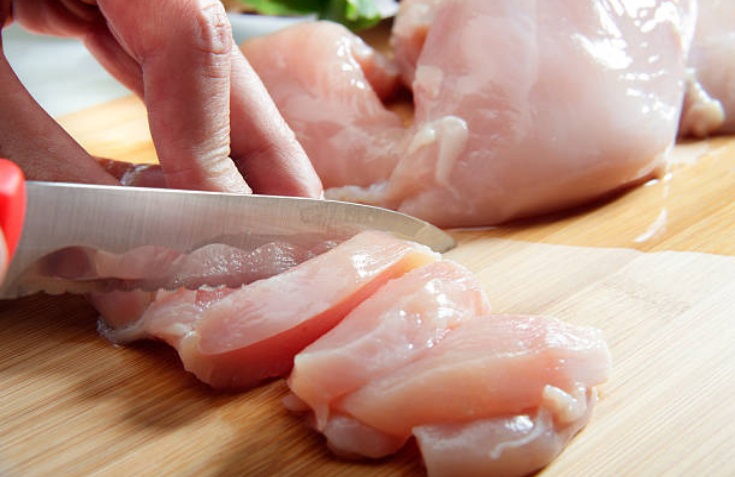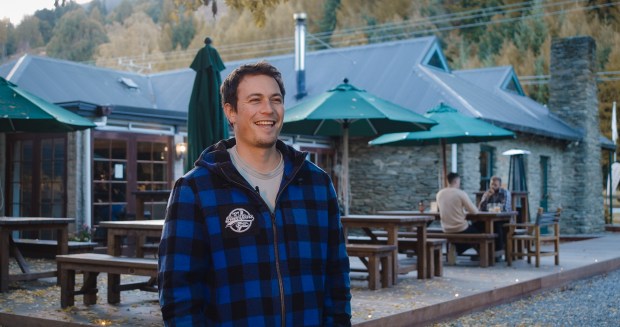Auckland Regional Public Health Service (ARPHS) is asking the public and the food service industry to take extra care when handling, cooking and storing food with the first months of summer showing spikes in salmonella and campylobacter cases.
Medical Officer of Health, Dr David Sinclair, says the service had anticipated there would be the usual seasonal rise over summer, but the magnitude of this rise has far exceeded expectations.
There have been 473 campylobacter cases notified to ARPHS since 1 December, and these numbers are up 77 percent on the same period a year ago.
Salmonella cases are up almost 20 percent in the same period, at 44 cases.
“These are just the cases notified to ARPHS. We know that there is often up to five to 10 times this number of food poisoning cases in the community as people often don’t see their GP with this type of illness,” Dr Sinclair says.
While most recover completely from campylobacter after three or four days of vomiting and diarrhoea, in rare cases the infection can lead to Guillain-Barre syndrome, a disorder in which the body’s immune system attacks its nerves, sometimes resulting in paralysis which can be permanent.
While ARPHS does not find out what causes the majority of campylobacter and salmonella cases, poultry is a very common source of infection.
“Public health is monitoring this spike in food poisoning numbers, but at this stage we would speculate that people aren’t storing, handling or preparing food properly, especially chicken, and that this is exacerbated by warm weather and outdoor eating at bbqs and picnics, “ Dr Sinclair says.
To prevent these diseases, NZ Food Safety recommends the following:
- Keep raw meat and poultry covered, and store away from ready-to-eat food, fruit, and vegetables.
- Store raw meat at the bottom of the fridge to stop any leaking juices – which often contain live bacteria – dripping onto other foods.
- Storing meat in containers will catch any juices and save unnecessary cleaning up.
- Wash hands with soap and hot water before and after handling raw meat.
- Use a separate chopping board for raw meat.
- Completely defrost meat before cooking to make sure it cooks evenly. Ensure raw meat juices do not drip onto other foods.
- Do not wash meat before cooking. Washing creates puddles and sprays that spread bacteria around the kitchen.
- Cook meat, especially poultry, thoroughly until juices run clear.
- Never return cooked meat to the dish or board that held raw meat, and do not serve with utensils used on raw meat.








